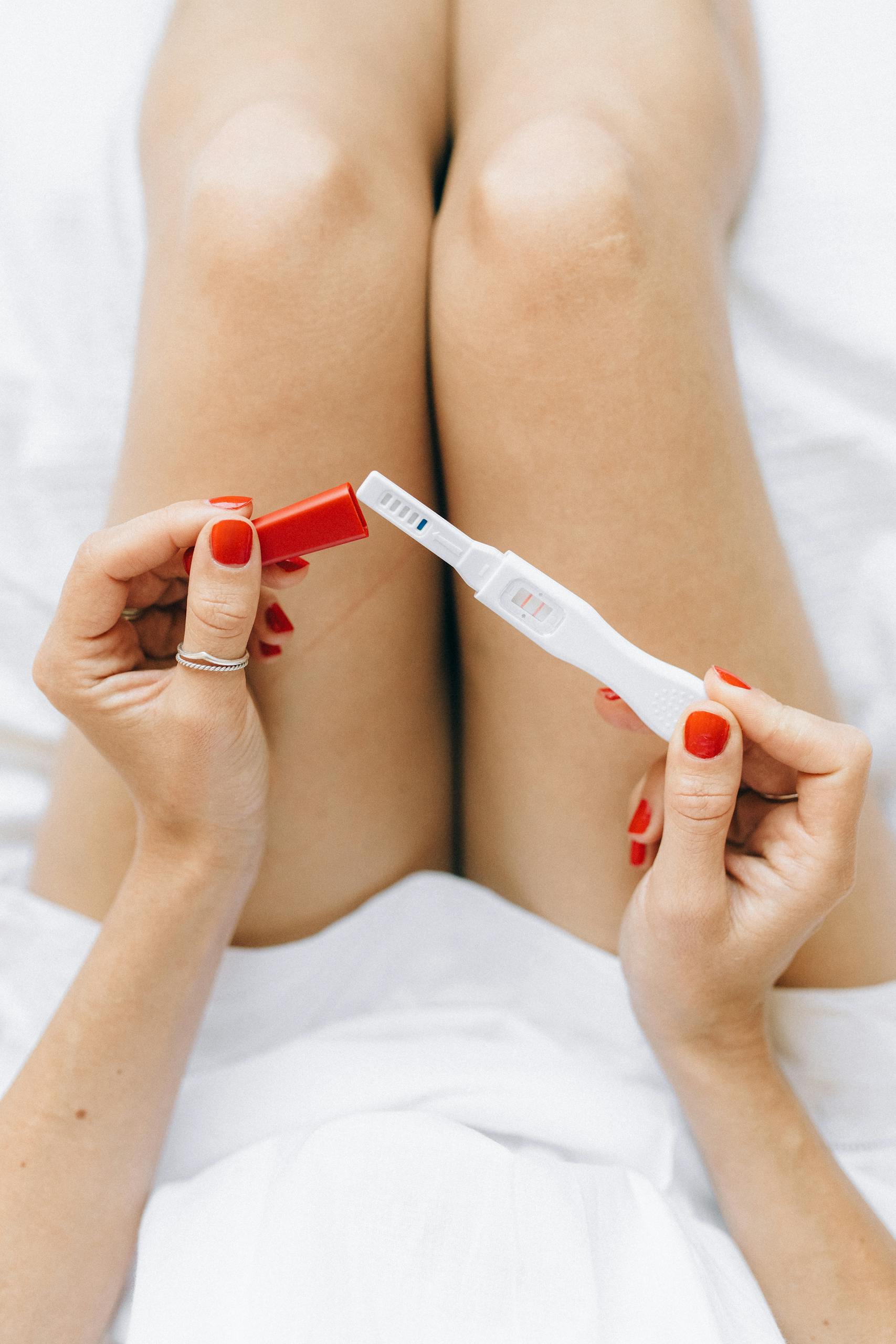Planning to Have a Family?
Here’s what you need to know about fertility and reproductive health if you have a history of an eating disorder.
Many people worldwide are affected by infertility issues. The World Health Organization (WHO) estimates that up to 48% of people who seek fertility treatment have a history of an eating disorder.1
Why are people with a history of eating disorders at a higher risk for fertility issues?
With a restriction-based eating disorder such as anorexia, the body does not receive enough energy or nutrients that it needs to function. When the body does not get enough energy, it can enter a survival mode where functions of the body that are not critical for survival are abandoned. For example, those with eating disorders often experience hair loss where the body does not use its nutrients to keep hair healthy- instead, it uses the nutrients for more important functions such as breathing, heartbeat to circulate blood and oxygen, and brain function. Ovulating is not considered essential for life, and people with anorexia may experience irregular periods or loss of menstruation altogether.
Those with anorexia can experience hormone levels that become out of balance. Hormones depend on healthy fat stores in the body and with the weight loss that many people with anorexia experience, those fat stores are lost and can impact how well hormones are made and travel through the body. You might experience hypoestrogenism, which means estrogen levels become extremely low and becoming pregnant is unlikely. Overall, people who have active anorexia or have not had the return of menstruation following recovery may have difficulty conceiving naturally.
What are the reproductive risks for those with anorexia, bulimia, or binge eating disorder?
While becoming pregnant may be difficult, those who do become pregnant are at a higher risk for pregnancy and birth complications.
Those who have active anorexia or who are in recovery and become pregnant have a higher risk for low birth weights, cesarean section, and preterm birth. The children of those with active anorexia during pregnancy may have worse health outcomes and altered reproductive health. Those with bulimia have a high risk of low birth weight, early contractions, and higher rates of miscarriage than the general population. Mothers pregnant with binge eating disorder are at higher risk for developing hypertension (high blood pressure) during pregnancy as well as high fetal birth weights.
It is important to communicate a history of an eating disorder with your doctor so that you can receive the best care during pregnancy.
How can recovery affect my fertility and reproductive health?
Anorexia affects many functions of the body, including fertility and reproductive health. While there are increased risks with an active eating disorder, research shows that those who receive eating disorder treatment (including both psychological and nutrition therapy) and have successful weight restoration may show restored fertility. In fact, multiple research studies show that the fertility rate of those in recovery with weight restoration have similar fertility rates to the general population.2 Wondering if you’re in recovery? Check out my blog post on indicators of recovery here.
Whether having a family is something you want now or in the future, or not at all- understanding the effects of active eating disorders as well as recovery on your reproductive health is important to understand how to best serve your body and to live the healthiest life possible!
Terms:
Ovulation: To produce or discharge an egg from the ovary
Menstruation: the process of discharging blood and other contents from shedding the uterine lining, commonly known as a period.
Cesarean section: a surgical operation to deliver a child by cutting through the mother’s abdominal wall
References
1. Hecht LM, Hadwiger A, Patel S, et al. Disordered eating and eating disorders among women seeking fertility treatment: A systematic review. Arch Womens Ment Health. 2022;25(1):21-32. doi:10.1007/s00737-021-01156-x
2. Chaer R, Nakouzi N, Itani L, et al. Fertility and Reproduction after Recovery from Anorexia Nervosa: A Systematic Review and Meta-Analysis of Long-Term Follow-Up Studies. Diseases. 2020;8(4):46. Published 2020 Dec 16. doi:10.3390/diseases8040046




